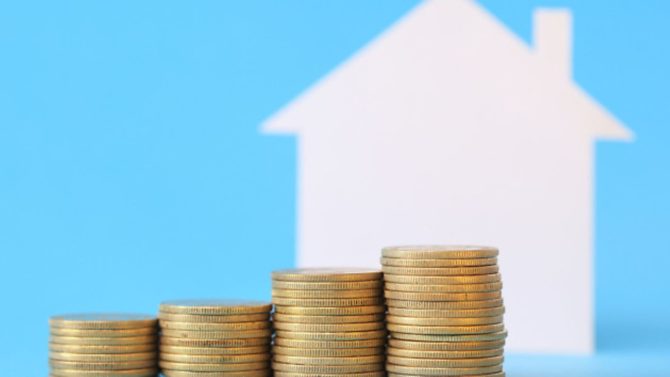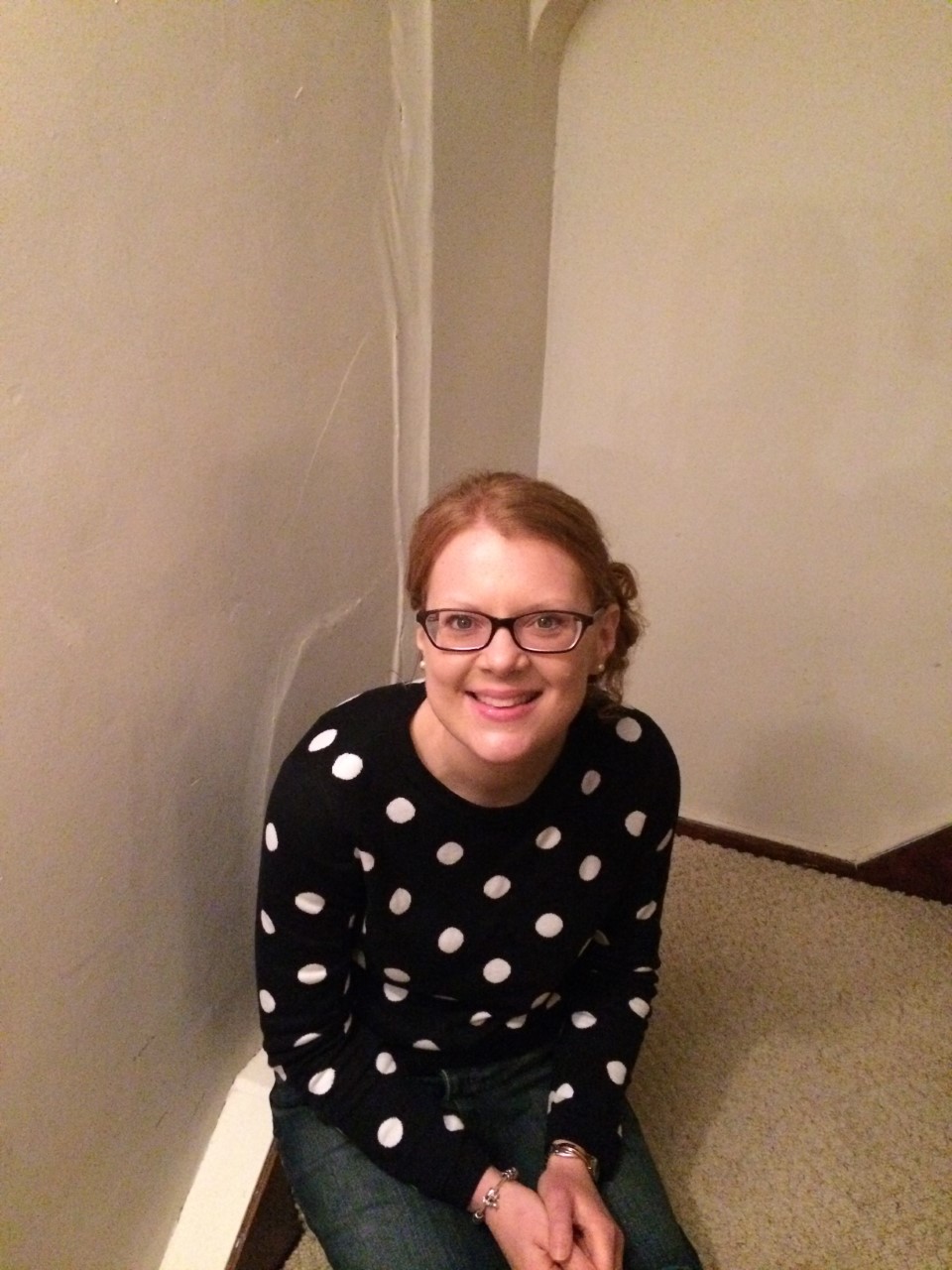GBP/EUR exchange: how much further does your money now go in France?


What a difference a year makes. The GBP/EUR exchange rate has come a long way and your money now goes that much further in France as a result, as David Trumper discovers
France is our closest neighbour and yet, at the same time, is a world away. But how exciting for those who are contemplating leaving the UK and heading for a new life across the Channel.
Of course, it may seem daunting to up and leave the life you’ve been used to, so it may be useful to hear from those who can share their experiences of buying a property in France, and make you aware of some of the things to look out for.
Speaking from experience
Jackie Cole was over in France when, on impulse – in her words “an expensive one” – she decided she would buy a property there. Acting on impulse paid off though, and after selling that property she has recently bought a second house close to Toulouse in Midi-Pyrénées.
Jackie studied French at university and being able to speak the language was a big advantage, which certainly helped during the buying process.
She says purchasing property in France isn’t daunting, but you do need to be aware of the additional charges, such as estate agent and legal fees. She also found the buying process itself to be reasonably straightforward.
“It’s not complicated but you do need to know the ground rules, and being able to speak French is a major advantage. Once you’ve signed the initial contract, you have 10 days to withdraw – the cooling-off period – and then you’re tied in. You’re contractually bound by it, and it normally takes about three months to complete on a purchase. You could make obtaining a mortgage a condition of the purchase should you want to be sure to cover yourself.”
Jackie also advises those who are considering a property purchase in France to think about the future inheritance implications, and to ensure that the purchase is structured in such a way that will be suitable for your individual circumstances, for example by using a tontine clause.
Andrew and Amber Le Coyte were nearly caught out by the rules when they changed their mind on selling their first French property, but were told that this wasn’t an option.
“We’d just finished landscaping the garden so we said we didn’t want to sell it anymore, but the estate agent informed us that we had to,” says Amber.
“We just assumed that it was the same as in England, where you can drop out at any time, but if someone offers you the asking price, you have to sell it.” Luckily, the land they had their eye on came through for them, and leaving their first house in France for their second was the best thing that ever happened to them.
The Le Coytes also point out the agent and notaire fees as something to be aware of, as well as taxes such as the taxe foncière.
Agent fees are normally between 5% and 10% of the purchase price. Notaire fees also include taxes for the département and the commune, such as stamp duty, as well as the actual fees (around 1%).
Buying in France
So what are the differences between buying a property in France as opposed to the UK? In France, notaires have the monopoly on property transactions and you must use one to buy a property or land there.
A vendor and buyer can use the same notaire or each can appoint their own (in which case the notaires would share the fees between them).
Notaires are obliged to be impartial and advise their client, whether they are the buyer or the seller. They are not obliged to advise you to the extent a British solicitor would, and they don’t have to speak English. It is therefore often advisable to seek independent legal advice from a bilingual solicitor who is versed in both French and UK law.
“Seek independent legal advice from a French property lawyer before signing the first contract (compromis de vente), to avoid finding yourself in a position where you are obliged to buy the property or forfeit the deposit you have already paid,” advises solicitor David Barney.
In the end, when all the advice has been given and heard, matters turn to money, and there’s some good news here. In the past 15 years, French property prices have increased by around 6% a year, but in 2014 prices fell by 2.4% in France, and mortgage rates remain fairly cheap today. It is definitely a buyers’ market at the moment, because while the French economy is on the up there are still property bargains to be had.
A fair exchange
Exchange rates are in your favour too, with the pound up considerably against the euro compared to where it was last year, which means your money now goes that much further.
At the beginning of August 2014, exchange rates meant that £500,000 would buy you a property worth around €631,000. One year on, at the start of August this year, that same amount would give you nearly €711,000. That’s an extra €80,000, all because of the exchange rates.
It just shows you how important it is to be aware of currency fluctuations and the difference they could make to the sort of property you end up buying and living in.
For someone who bought a property in the south of France in June 2013, as the Le Coytes did, you could consider the exchange rate to have moved in their favour. On 1 June 2013, the GBP/EUR rate was at 1.1688, with a €500,000 property costing £427,789. Great timing if you consider that just two months later, when the exchange rate was 1.1444, that €500,000 property would have cost £436,910 – about £9,000 more.
However, the timing doesn’t look that great when you look at the exchange rate at the start of January 2013. Then, the €500,000 property would have cost £407,896 – that’s about £20,000 less than was paid at the start of June.
Turn the clock back to the start of July 2011 though, and you could say that someone buying a property in France then was really unlucky with their timing. At that point, the exchange rates were at their lowest level that year. On 1 July 2011, with the GBP/EUR exchange rate at 1.1083, a €500,000 property would have cost £451,141. However by the end of the month, the exchange rate had rocketed in favour of the pound to the extent that a €500,000 property would now cost £437,905 – nearly £14,000 less than at the start of the month.
To compound that sense of bad timing, there would have been a similar story if the purchase had gone through at the start of the previous month. On 1 June, a €500,000 property would have cost £435,920 – this time, close to a €15,000 difference.
One year on (1 July 2012), the GBP/EUR rate had risen so much that a €500,000 property would now cost just £403,421 – around £48,000 less than the year before.
OK, so there’s a sense of pointlessness about comparing exchange rates from one year to the next – if you want to buy a property in France now, you can hardly take the exchange rate in a year’s time, can you?
This just goes to illustrate how dramatically exchange rates can move, and that it can be prudent to be aware of that.
Though nobody can predict how exchange rates will move, there are ways in which you can have control over what exchange rate you could get.
“Let’s say you’re buying a property in France and you don’t need to pay the balance for another two months, but you’re very happy with the current GBP/EUR exchange rate,” says currency expert Jennifer Bird. “Using what’s known as a forward contract you can secure that exchange rate now, which means you’ll know exactly how much you will have to pay for the property when you settle the balance in two months’ time, no matter what the currency market does in the meantime.”
If you are thinking of moving to France there’s no substitute for hearing about the experiences of those who have already done it, and online forums are a good place to start. Combine this with the right expert advice and you’ll be fully prepared to make your own move across the Channel.
David Trumper is a currency expert and content writer at Times Currency Services
Tel: 020 7294 7970
Share to: Facebook Twitter LinkedIn Email


